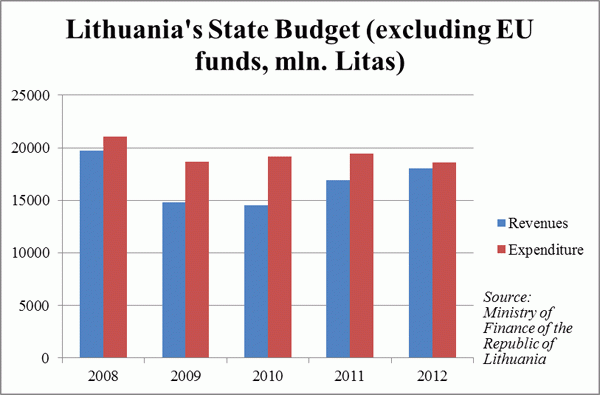
Constitutional Set-Back?
The current Fundamental Law of of Hungary was adopted over a year ago, in April 2011. Due to this anniversary the recent research of Republikon Institution has looked how the so called ’National Avowal ’preamble fits the constitution’s introductions of Central and Eastern European and wider European countries. Preambles in general Preambles are usually can be found in the beginning of the text of laws. They could function as a foreword: the legislators mainly mark…




























